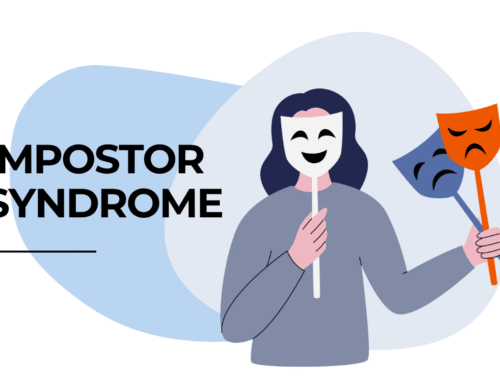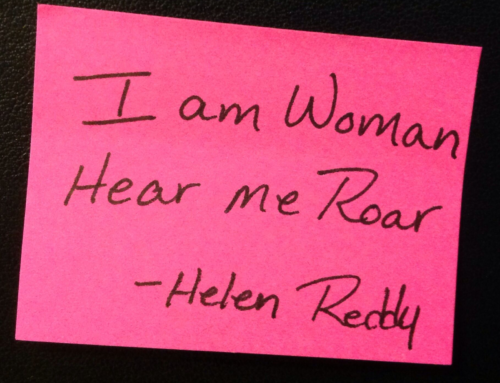My Dad died when I was 19 years old. It has been 40 years since his passing. Recently, I have been digitalizing photos and have been touched by my Dad’s pictures and remembering so many fun memories of him as a kid. I share in my TEDx talk and in my book Oh God of Second Chances that my Dad struggled with depression and at times he became suicidal. His struggles impacted my life in significant ways. My life and my work would not be what it is without my Dad and all I learned in and from his struggles. Thank you Dad. I love you.
Recently, two of my dear friends have lost their fathers and are living in the grief so recent. With Father’s Day on Sunday, I wanted to share some suggestions to help during this time.
Losing a parent is a deeply emotional and challenging experience, and it’s normal to feel a wide range of emotions during this time. Grief is a natural response to loss, and it can manifest differently for each person. Here are a few suggestions that may help you cope with the loss of your father:
- Allow yourself to grieve: It’s important to acknowledge and honor your feelings. Give yourself permission to experience the pain, sadness, anger, or any other emotions that come up. Remember that everyone grieves in their own way and at their own pace.
- Seek support: Reach out to family members, close friends, or a support group who can provide a listening ear and emotional support. Sharing your thoughts and feelings with others who have experienced similar loss can be comforting and help you feel less alone.
- Take care of yourself: Grief can be physically and emotionally exhausting, so it’s crucial to prioritize self-care. Make sure you’re eating well, getting enough rest, and engaging in activities that bring you comfort and solace. Exercise, spend time in nature, or engage in hobbies that help you relax and heal.
- Express your emotions: Find healthy outlets for your emotions, such as writing in a journal, creating art, or talking to a therapist or counselor. Expressing your feelings can be cathartic and aid in the healing process.
- Honor your father’s memory: Find ways to commemorate and remember your father. This could involve creating a memorial, sharing stories and memories with others, or participating in activities that were meaningful to him. Keeping his memory alive can help you feel connected to him even after his passing.
- Seek professional help if needed: If you find that your grief is overwhelming and affecting your daily life for an extended period, it may be helpful to seek support from a mental health professional. They can provide guidance, tools, and resources to help you navigate your grief journey.
Remember, grief is a personal process, and there is no right or wrong way to grieve. It’s okay to take the time you need and to seek help when necessary.
I am here to support you. Please reach out if you are struggling with your own grief, www.christybelz.com | 303-995-9373.




